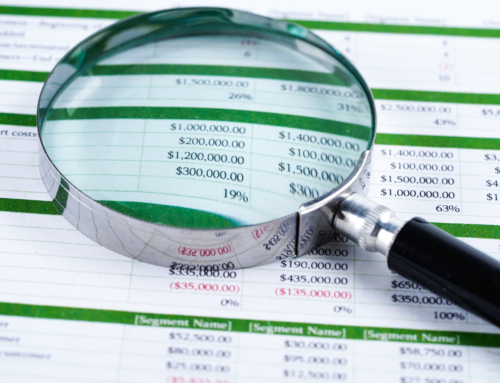Have you ever wanted to see the ocean? Travel to New Orleans and stroll down the French Quarter? Or do you want to visit a friend you haven’t seen in a while because they live in a faraway city? Afraid of falling behind at work or not having enough money in the bank keeps most of us tied to the couch. With proper planning, you can create a tax-deducted business trip that ties into your personal goals and, in the process, deduct a large part of the cost.
The Trip Is Primarily For Business Purposes
For the trip to be tax-deductible, the primary reason for going and over half the days spent there must be for business. The personal days included must be considered as time incidental to the nature of the trip. Attending a conference, meeting with potential clients, and examining a vendor’s facility in your company’s supply chain are valid business purposes for a trip. Imagine that you spent four hours at a conference related to your profession during the day where you attended lectures and networked with potential clients or vendors. Then afterward, you spent the rest of the day looking around the town to enjoy the sites. Travel days count as business days, which can be beneficial when planning a business trip. Count the first day of travel as for business, the second day as site seeing and personal, then three days spent working on the business, then two days at the end of the trip for personal, and the last day traveling back as a business day.
To maximize the number of business days on your trip even further, take advantage of what is referred to as the “Sandwich Day Rule”. This allows you to deduct meals and lodging expenses that accrue from days stuck in between workdays (i.e., the weekend between Friday and Monday) if it is cheaper for you to stay there than to travel home and back for the next business day. If the trip is within the United States and over half the days are business days, then the full cost of transportation to and from the business event is deductible; an international trip would have to meet a 75% threshold.
Keep Records of Everything
Good record-keeping is one of the best defenses against an IRS audit when deducting business trip from your taxes. Not only should you keep all of the receipts for the trip’s business-related expenses, but make copies of your itineraries, your airfare tickets, and your conference or meeting notes as well. You will want to be able to show that the primary reason for the trip was for business. The IRS will disallow a deduction if they ask for substantiating evidence, and you cannot provide them any written evidence of the nature of the trip and the costs associated with it. Save receipts for the cost of your transportation, your hotel, your meals, taxis, gas, dry cleaning, postage, data usage fees, seminar fees, conference fees, or anything else that you have to spend money on during the trip. Everything ordinary and necessary for your business trip will be tax-deductible. If you are unsure at the time if the expense is deductible or not, save the receipt and ask your tax preparer when preparing your return.
Self-Employed vs Employee
Being self-employed has the advantage when deducting a business trip. A self-employed taxpayer is able to reduce taxable income, dollar for dollar, by the amount of ordinary and necessary business expenses. These expenses will reduce income subject to income tax, and if the business activity is subject to self-employment taxes, then the total tax liability is reduced even further. Imagine being in the 25% income tax bracket, subject to a 15% self-employment tax, and a state income tax of 6%. At 46%, almost half of the expenses of the trip would be recovered through tax savings. For tax years between 2018 and 2026, employees are not able to deduct business trips or unreimbursed expenses on their tax returns as itemized deductions. You should ask your company if they have an accountable plan. Under an accountable plan, the business will be able to deduct the expense and you can receive the reimbursement tax-free.
Good Luck and Bon Voyage!
With proper planning, you can take a much-needed change of scenery and have part of the sting taken out of the bill when tax time comes around by deducting your business trip. Just be sure that you plan the business trip out before you go, keep records of everything, and know how you will report the deductions when your return is prepared.
If you have any questions, be sure to contact a tax professional at Abacus CPAs, LLC, to ensure you are not missing out on any tax savings or exposing yourself to an unwanted tax liability down the road. Please call or email us at 417-823-7171 or www.abacuscpas.com. Better Guidance. Smarter Decisions.
 |
Sam Shafer is an Advisor at Abacus CPAs, LLC. Sam specializes in business and income tax preparation and has five years of experience in public accounting. He is passionate about providing the best tax advice to help people achieve their business and life goals. Sam is terrific at juggling rapidly changing priorities, which makes him flexible with a practical bend. |









